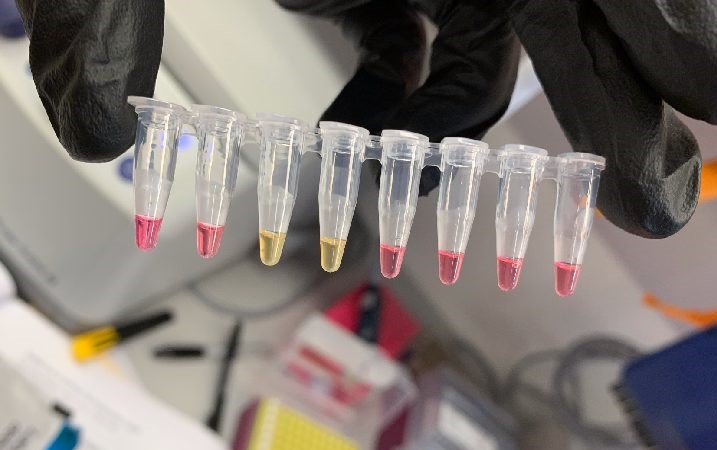COVID-19 Testing Methods: Efficiency, Accuracy and Reliability
As the SARS CoV-2 infection diminishes in its intensity and prevalence in Australia, governmental health departments stay at the ready in preparation to attack any outbreaks—be they localised or widespread. As such, governments are faced with the urgent need to implement reliable, accurate and efficient testing methods in order to receive an accurate reflection of real infection rates.
The ‘pandemic of 2020’ has seen health departments subsequently considering testing and, as a result, rapid and accurate diagnosis of the virus, as an essential mechanism by which to control infection. Such activity would allow departmental offices to engage in identification of infected individuals, contact tracing and thus appropriate public measures.
The process
LAMP Testing consists of a relatively simple process whereby an accurate result is reached in a short period of time. A single-tube DNA identification process, Loop-mediated Isothermal Amplification recognises a total of six distinct sequences on the target DNA through the DNA polymerase and a set of four to six primers. Using assay primers and strand-displacing polymerase allows speedy amplification at a consistent temperature without the need for thermal cycling.
This innovative process by which we can detect SARS-CoV-2 RNA was developed by scientists from detecting clinical diagnostic swabs of human patients, without RNA purification steps. This process allows for simplicity in the testing phase through the absence of the need to undergo an elaborated RNA extraction and purification step. Therefore, the process enables an increase in overall testing capacity.
The advantages
- LAMP Testing opens up simplicity and reduction in processes and is the biggest benefit. Rather than using several tubes in the fashion of established testing routines such as PCR amplification, LAMP as an isothermal process allows testing to be conducted in a single-tube process and without the need for costly thermocyclers. Whereas PCR requires frequent and constant changes in temperature, LAMP allows simplicity in gene selection and thus rapidity in the selection process.
- The processes of LAMP testing offer ease for testing staff. Being highly specific to the target sequence, the use of four to six primers and constant temperature means that LAMP does not have the complexity or issues faced through alternative testing means.
- High accuracy is achieved in the LAMP process, where similar levels to alternative processes are reached, however without the complex processes. Rapid diagnoses allow greater throughput and increased efficiency for health authorities in meeting and neutralising the infection.
- Flexibility is reached through LAMP testing as collection methods are not limited to a nasal swab in the same way as alternative methods. DNA extraction can be performed on blood, nasal fluids or saliva, limiting infection risk to medical personnel as individuals are able to collect their own samples.
LAMP is quickly becoming the preferred method of DNA amplification. Simplicity, efficiency and accuracy put it to the fore when compare with established methods such as laboratory-based RT-PCR testing, which requires complex facilities, stringent operator training and thus occupies greater time and money.
